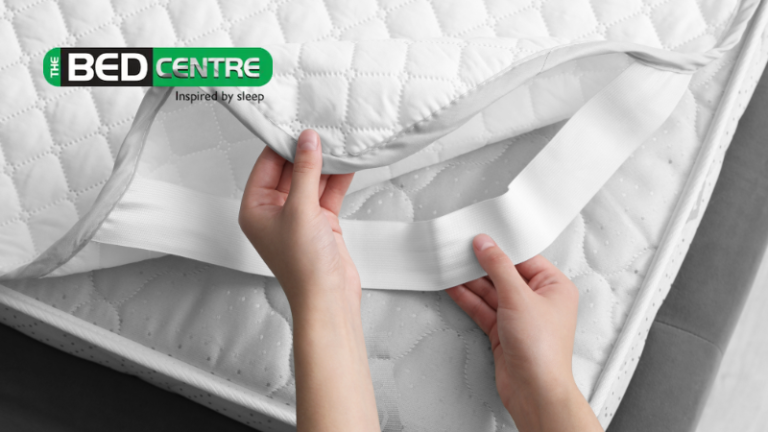
Why a Mattress Protector is a Must-Have: Enjoy a Fresh and Hygienic Sleep Environment
A good night’s sleep is key to feeling refreshed, and the right mattress protector plays a big role in that. A mattress protector helps keep

A good night’s sleep is key to feeling refreshed, and the right mattress protector plays a big role in that. A mattress protector helps keep
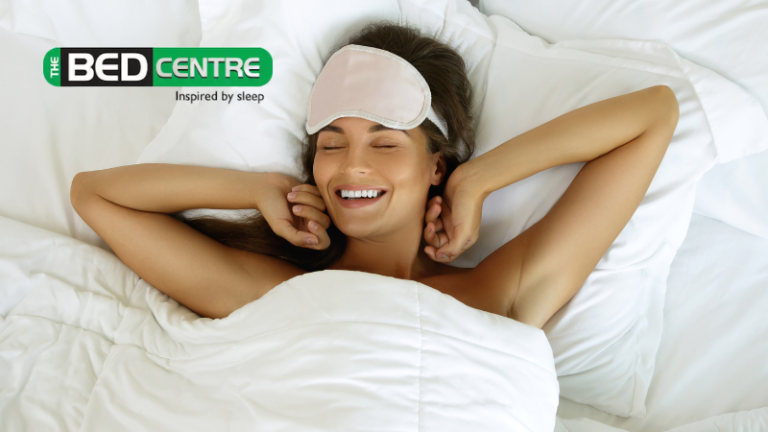
A good night’s sleep starts with choosing the right bed size. Whether you’re selecting a mattress for a child, a couple, or a guest room,

In today’s fast-paced business world, leaders are expected to think strategically, solve complex problems, and make critical decisions under pressure. While many attribute these abilities

In the relentless hustle of modern work culture, sleep often gets pushed to the bottom of our priority list. For career-driven individuals and business leaders
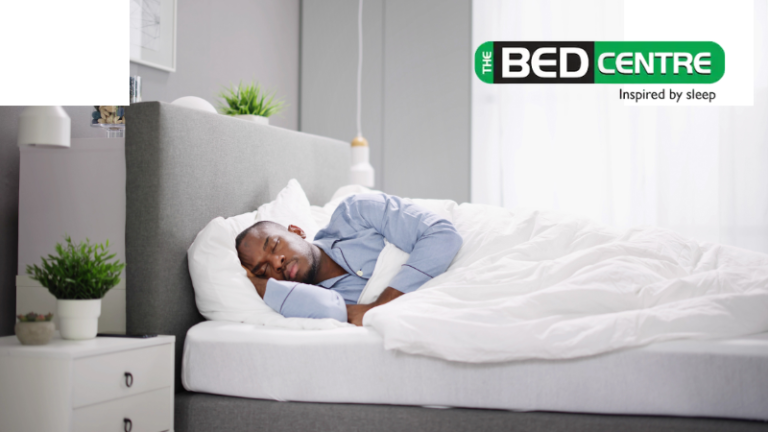
October celebrated Back Care Month, a time dedicated to raising awareness about spinal health and promoting good posture habits. One of the key factors in

In South Africa, a good night’s sleep is an essential part of life, and for many, the journey to that perfect rest has been made

When it comes to sleep, few things matter more than the comfort of a quality bed. And for many South Africans, Cloud Nine is a
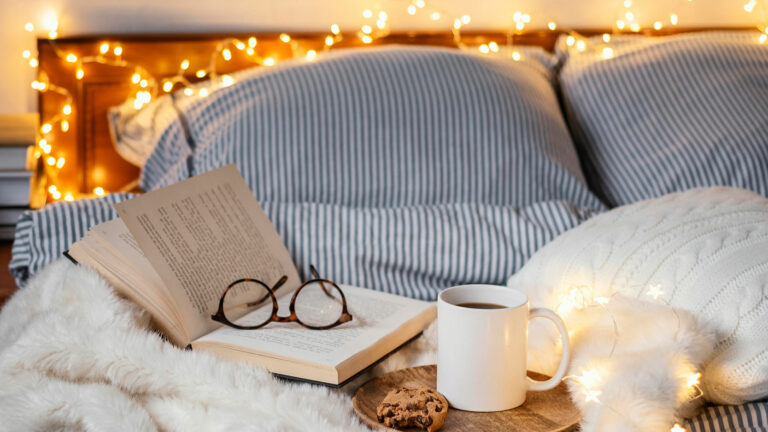
When the days get shorter and the nights get longer winter has come to stay. A person’s first instinct is to go straight into winter hibernation mode and start of a string of bad habits that can radically affect…
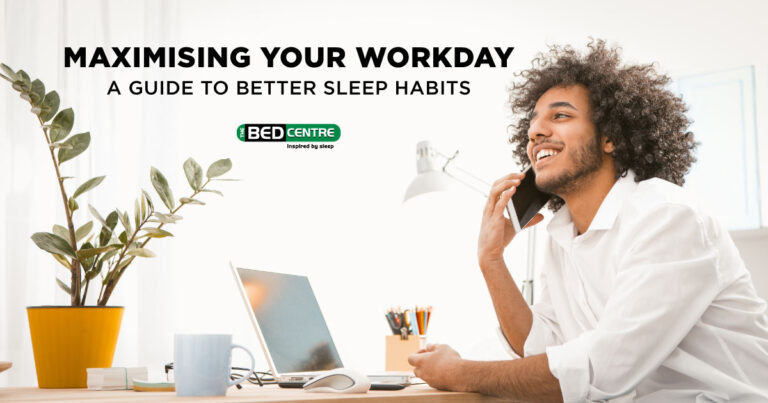
Ever feel like you’re constantly playing catch-up at work? Battling the afternoon slump with sugary snacks and endless cups of coffee? What if the secret
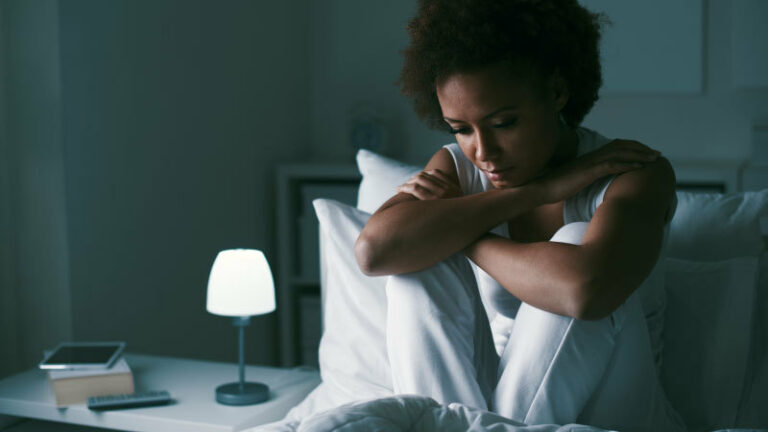
Insomnia, the inability to fall or stay asleep, can significantly impact our overall well-being and quality of life in general. A lack of sufficient rest

As a parent, establishing a healthy sleep routine for your kids from an early age can set the foundation for lifelong healthy sleep habits. It
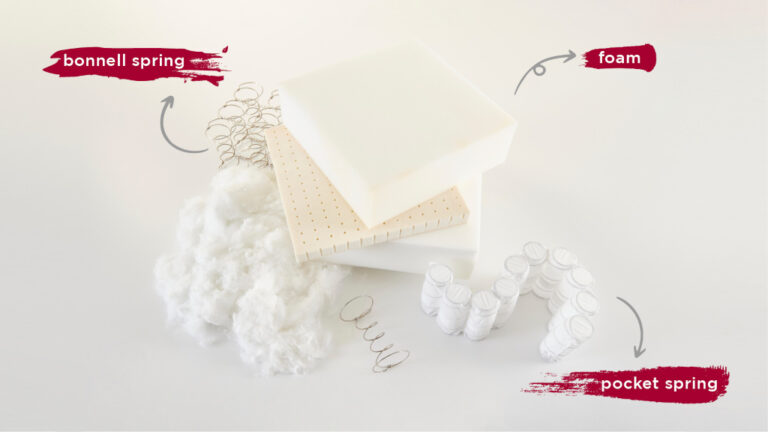
With so many different types of mattresses available, it can be overwhelming to decide which is the best for you, so let’s discuss three popular

The reason many people “sleep hot” has a lot to do with design. Our core temperature drops by a couple of degrees during the night, shedding
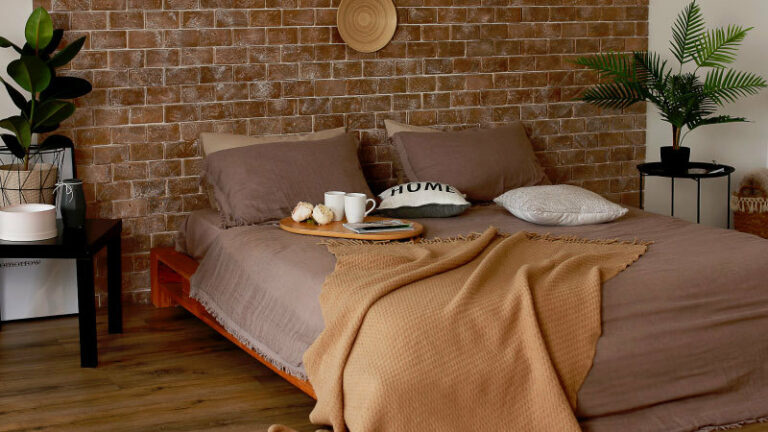
As the leaves turn and the days become shorter, it’s time to ready your bedroom for the colder months ahead. The perfect way to ensure
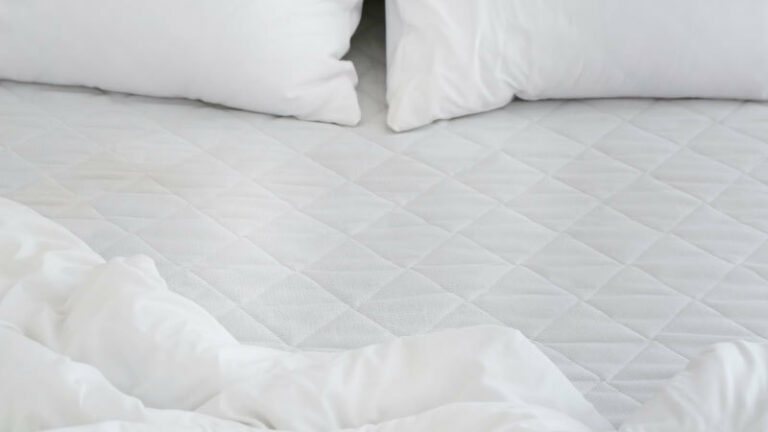
When buying a new mattress, it’s important to purchase one that will sustain wear and tear, remain supportive of your preferred sleeping position, and give

The full moon has long been associated with mysterious phenomena, including affecting our sleep patterns. Studies have shown that people tend to get less sleep,
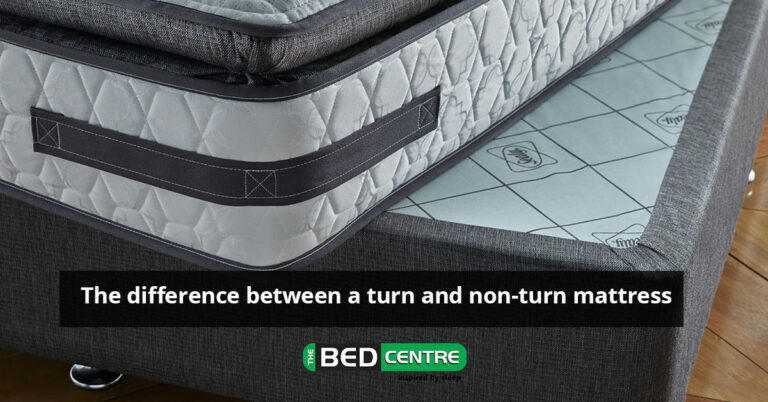
A turnable mattress or non-turnable mattress?

Like most people, you might think hard work and dedication are the keys to success. But what if there is an even more powerful force

If you suffer from back pain, then you know how important it is to get a good night’s rest. It’s also interesting that most back
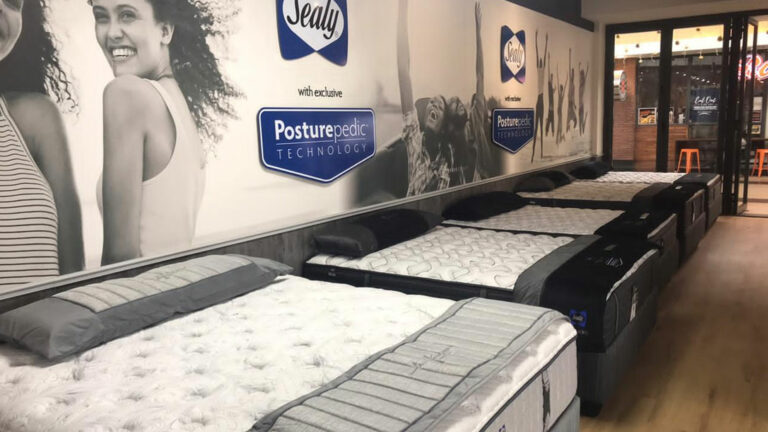
If you regularly wake up with joint or muscle stiffness, it could be sign that your mattress is old or damaged and needs replacing.
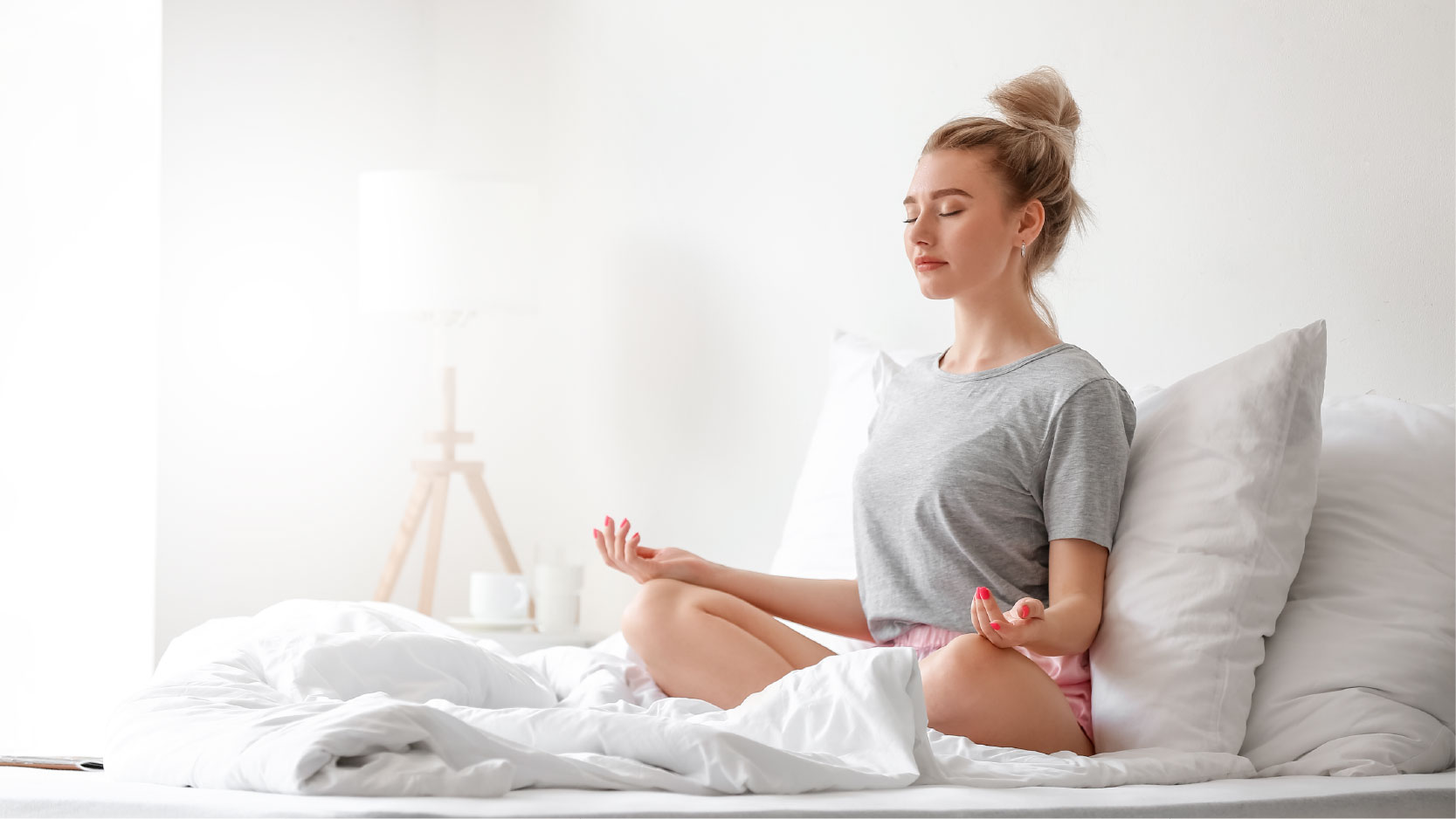
When it comes to sleep, our bodies enjoy routine and consistency. If you’re getting the amount of sleep you need, you’ll feel awake and alert
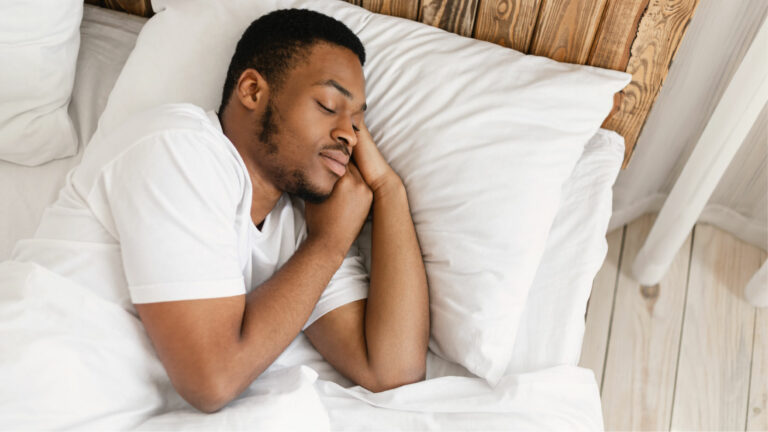
Our preferred sleeping position generally dictates the type of mattress and pillow we find most comfortable. Of course, the proper support and level of firmness
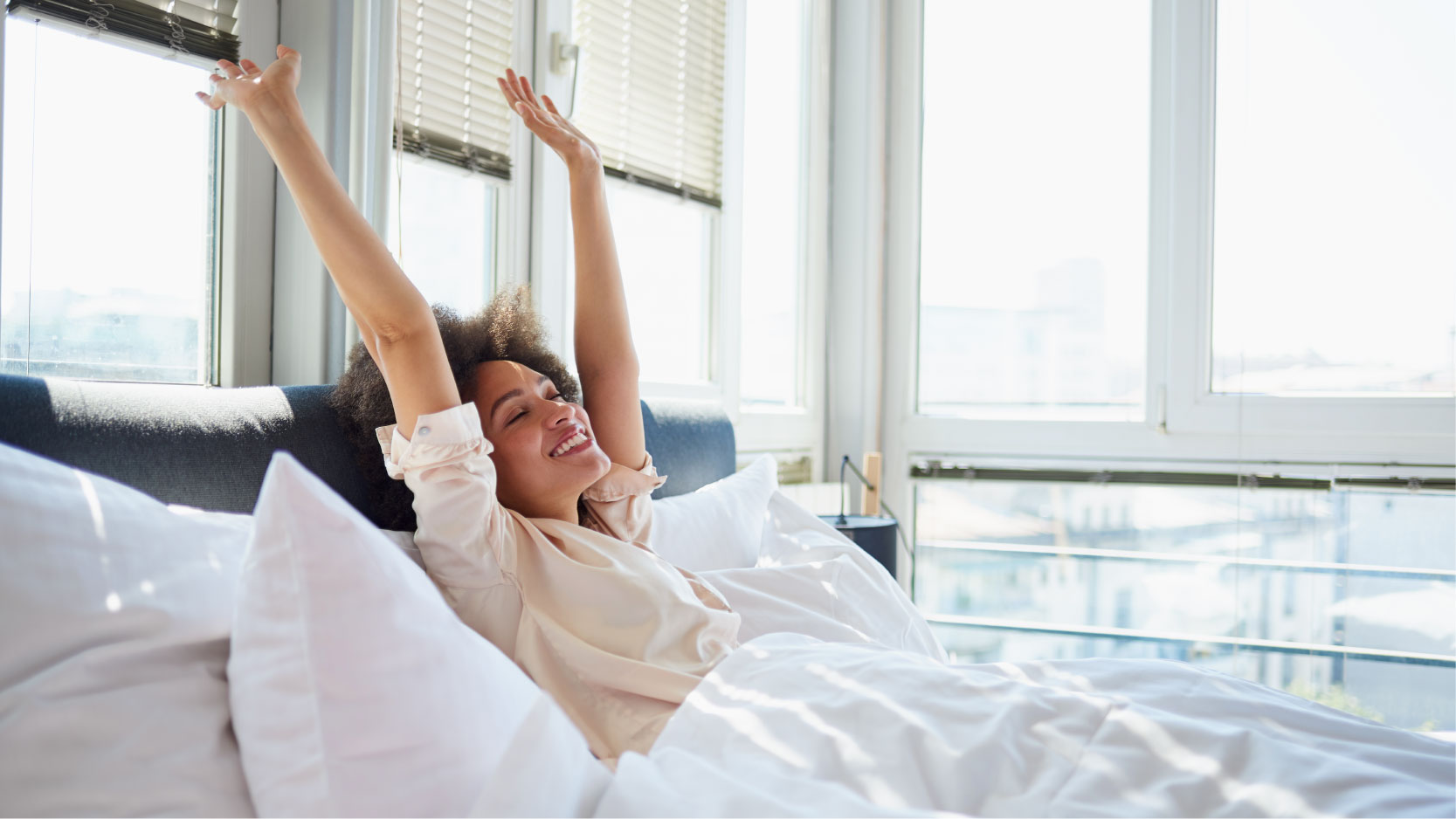
Getting a good night’s sleep is incredibly important for your health. In fact, it’s just as important as eating a balanced, nutritious diet and exercising
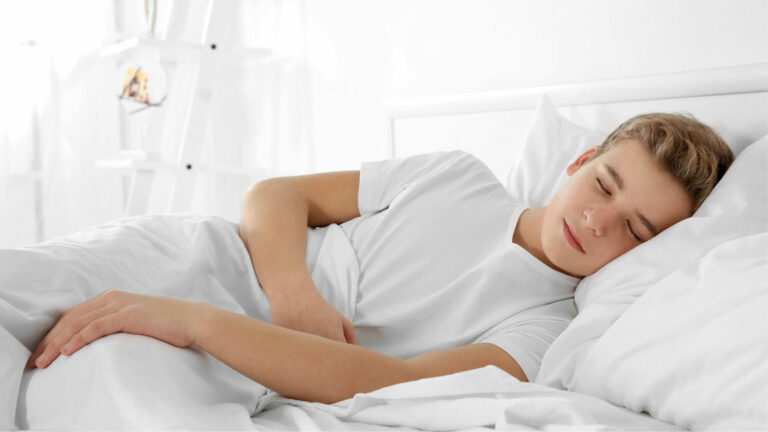
The back-to-school transition can prove challenging for many children and teenagers after a long holiday or school break. It’s important at these times (as well
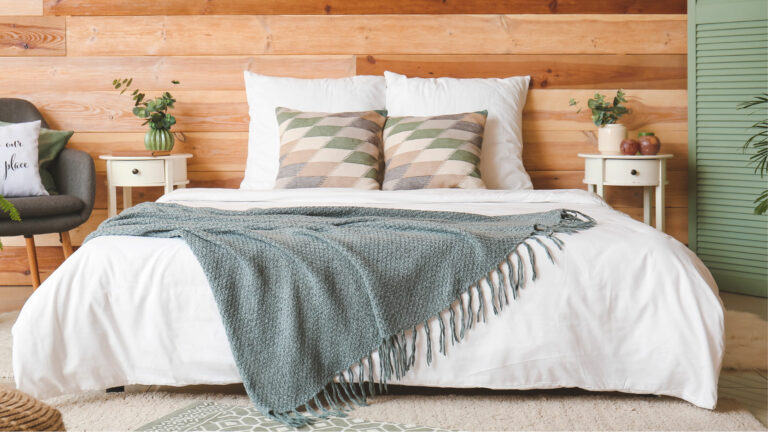
Wanting to optimise your bedroom and create a true sleep oasis? Cool, dark, restful, cosy and device-free are the key concepts to keep in mind
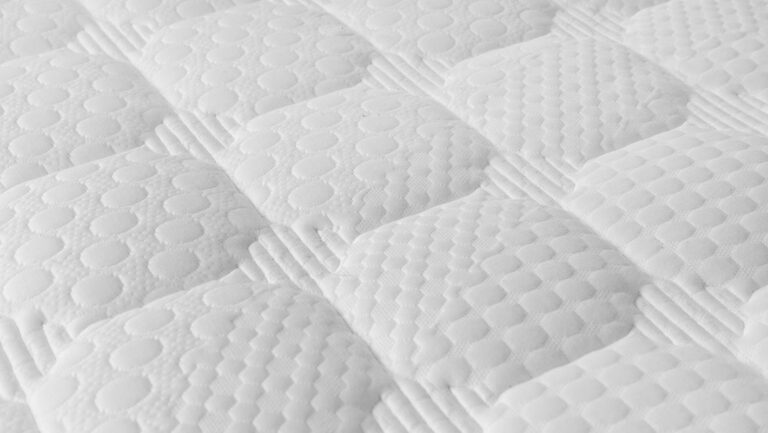
Looking to buy the ultimate double bed but have a few questions? This Definitive Guide To Buying a Double Bed will help you effectively tackle
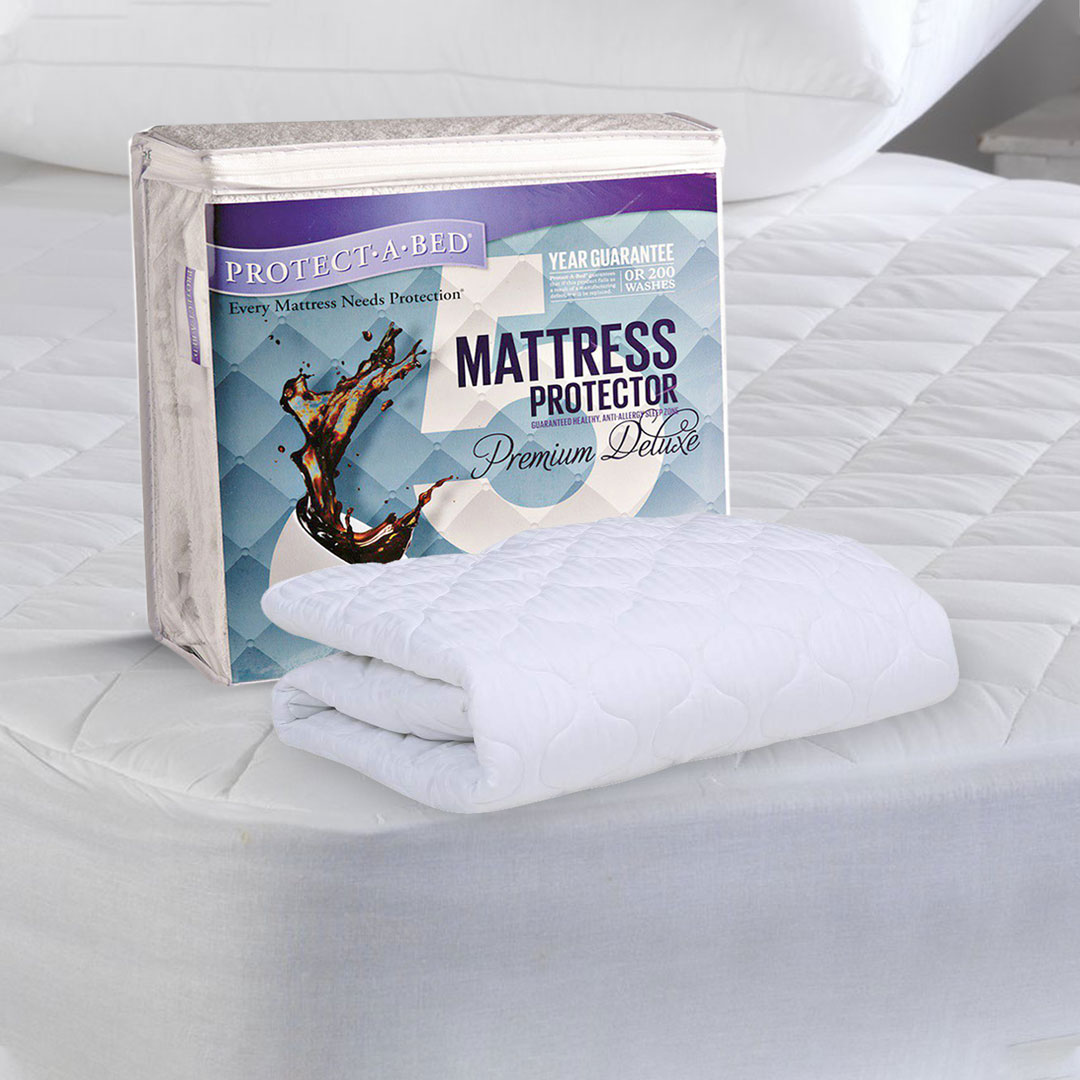
Why is it a good idea to buy a Mattress Protector in 2021? What types do you get and the pros and cons of each? Read and know!

Beds For Sale For A Good Night’s Sleep Knowing the value of a good night’s sleep equates to buying a bed that will provide just
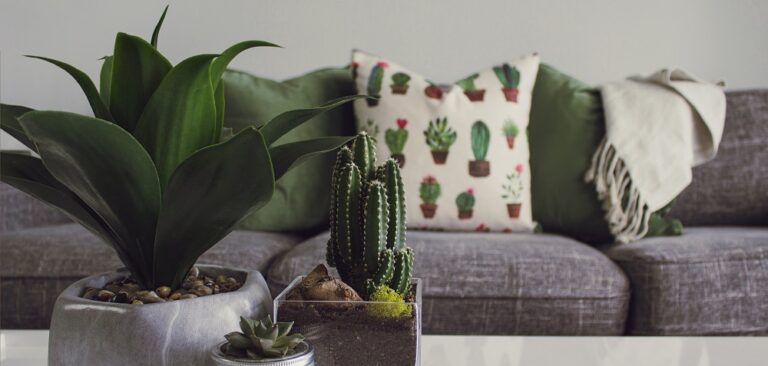
5 Benefits of owning a Sleeper Couch. What is a Sleeper Couch? How to use one? Types, and Frequently Asked Questions.

Knowing how often and when to replace your mattress with a new one is never easy, but fortunately there are always tell-tale signs to look for to be sure you are ready for a better night’s sleep.

It’s a great question that has no simple answers. At The Bed Centre, we believe it is a matter of preference for each individual pet owner to consider.

Finding the right bed size is not as simple as it seems, so here are The Bed Centre’s tips on things to consider when deciding on the size of your new bed. It’s always best to measure how much space for the bed is available.
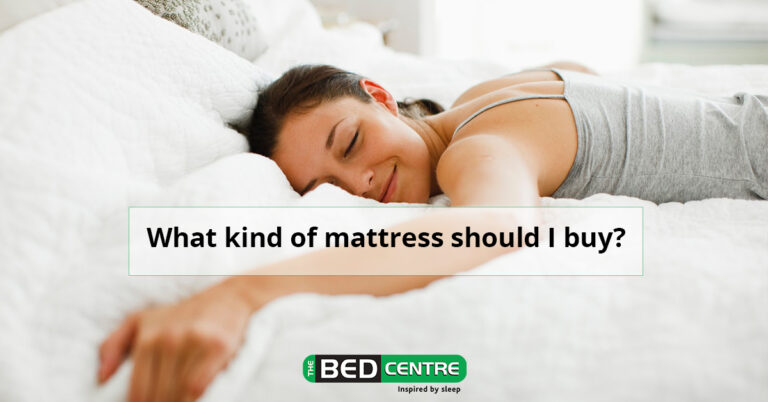
The most common question we get from our customers is what kind of mattress should I buy, or which mattress is best for a great night’s sleep? Is a spring, foam or a gel mattress better?

At Bed Centre we understand the value of sleep and the impact it ultimately has on your health and longevity. Most of us don’t realise the impact our modern..
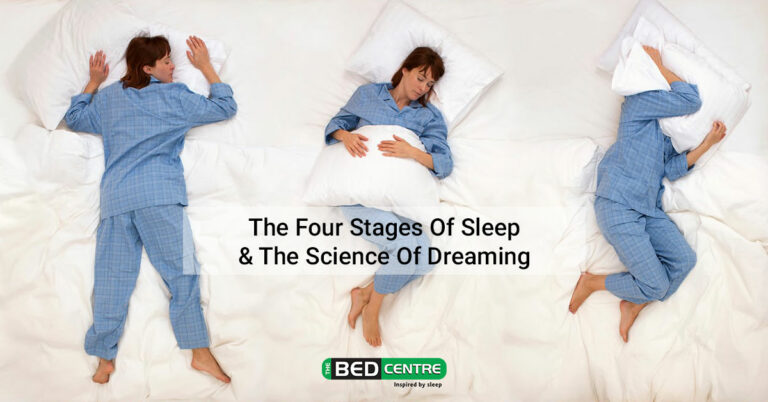
The four stages of sleep and the science of dreaming. At Bed Centre we understand how important the four stages of sleep are to your functional health and continued..

The Bed Centre is pleased to announce the opening of our Port Elizabeth branch this week. This is the seventh store in our stable. Since 1998, we have taken great..